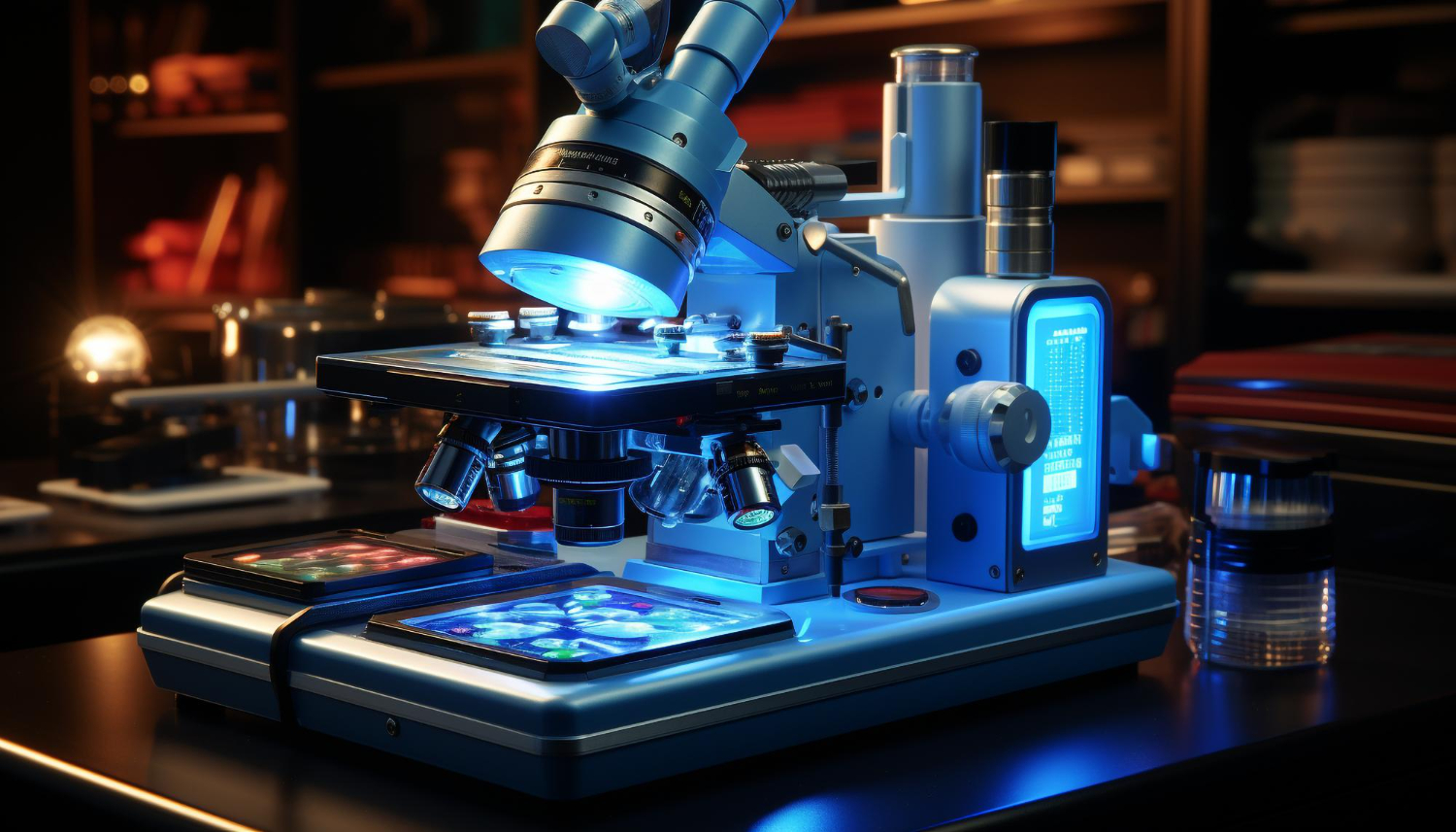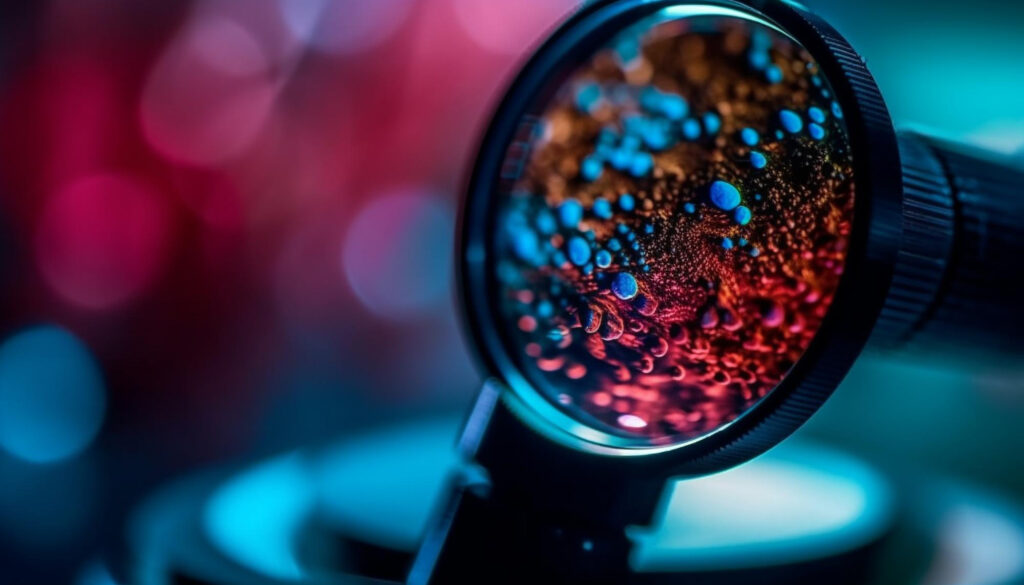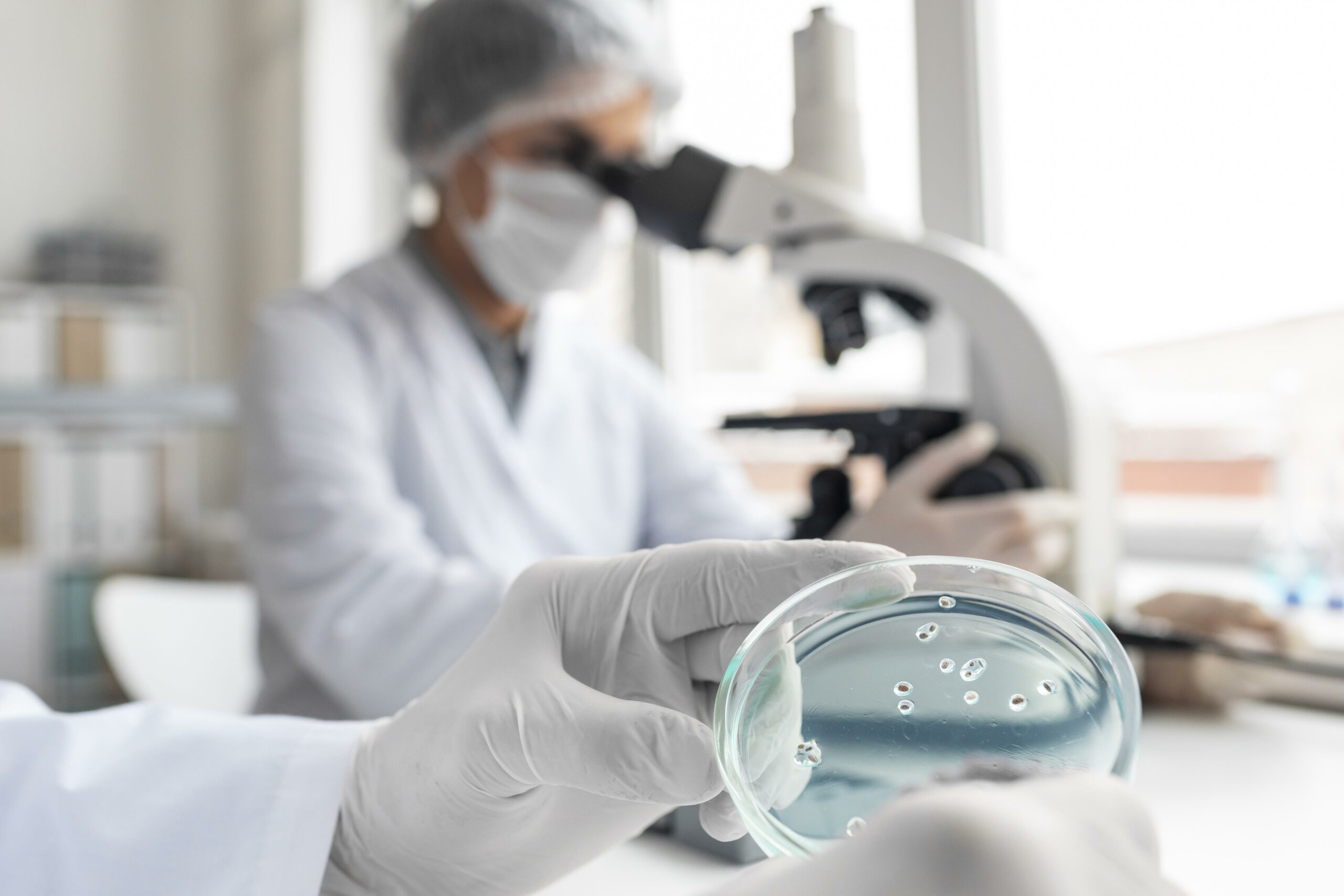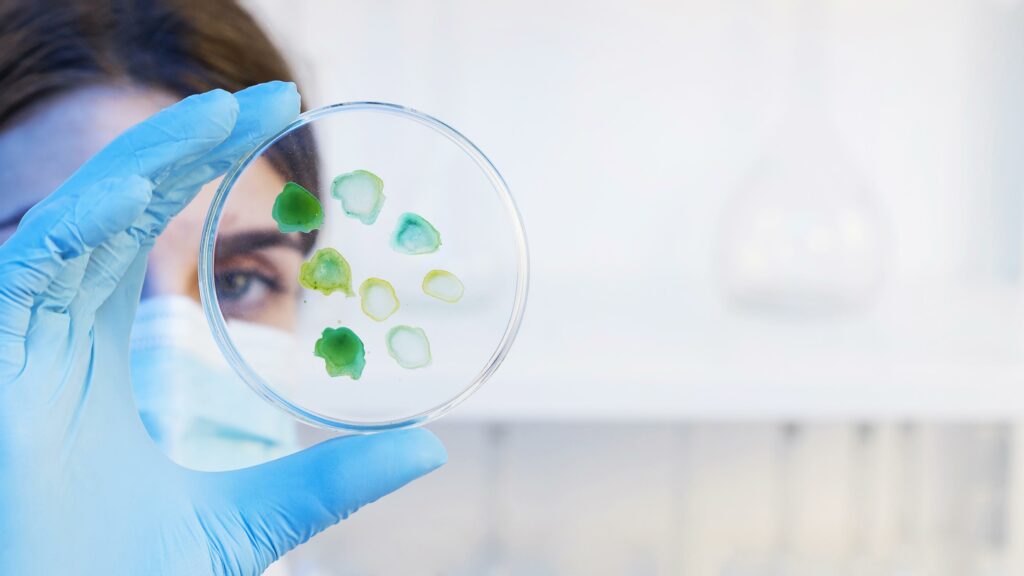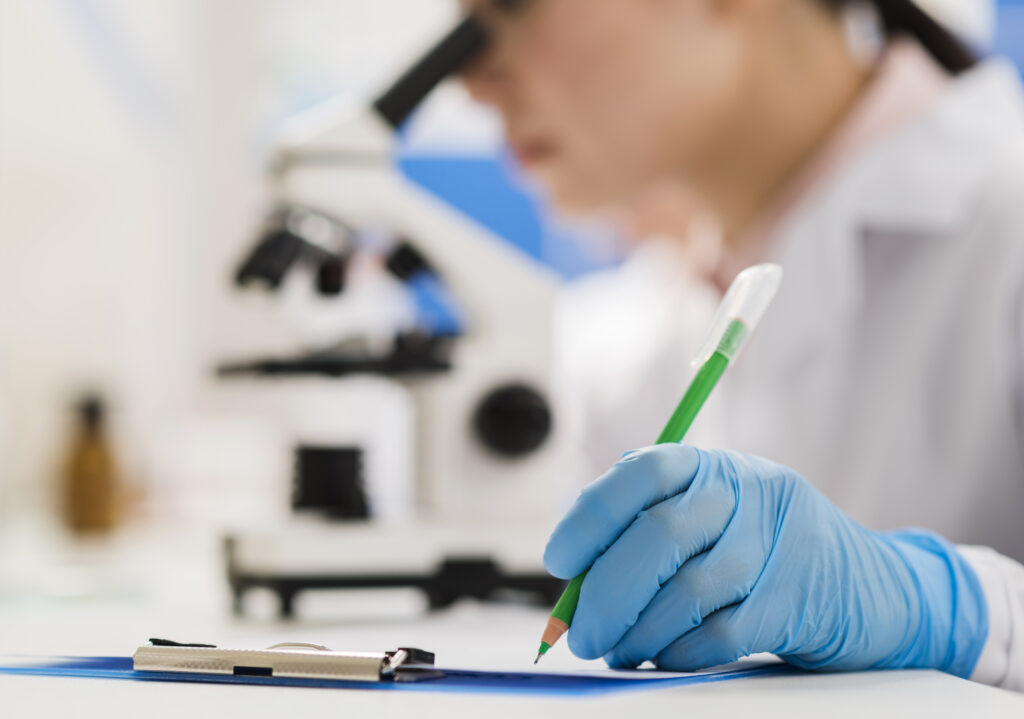In the vast and intricate landscape of human health, the microscopic world of microbes has emerged as a profound influencer. The field of microbial analysis, leveraging cutting-edge research techniques, has uncovered remarkable connections between these tiny organisms and our overall well-being.
Microbial analysis, or the study of microbes and their interactions with the human body, has emerged as a revolutionary topic with enormous potential for enhancing our health and well-being. The human body is home to trillions of bacteria known as the microbiome, which play an important role in a variety of physiological functions. Understanding the complicated world of bacteria has revealed remarkable insights into human health, from digestion and food absorption to skin health, lung function, and even mental well-being. In this post, we’ll look at five surprising ways that microbial analysis can transform our understanding of health and open the door for novel interventions. We can uncover new techniques for improving our general health and quality of life by using the power of microbial analysis.
Join us on a journey through the microbial frontier as we explore five surprising and transformative ways that microbial analysis can profoundly impact and enhance your health.
The Microbial Universe
At the heart of microbial analysis lies the exploration of the human microbiome, an ecosystem teeming with trillions of microbes that call our bodies home. While historically relegated to digestive processes, recent advancements reveal that the microbiome extends its influence far beyond the realms of the gut. The revelation that our health is intricately entwined with these microorganisms has given rise to a paradigm shift in healthcare.
Ways Microbial Analysis Can Improve Your Health
1. Gut Health and Beyond: Nurturing the Microbial Garden
The gut microbiome, akin to a lush garden of microflora, orchestrates a symphony of processes beyond digestion. Its role in mental health, immune function, and weight management is a subject of intense research. Microbial analysis serves as a beacon, guiding researchers and healthcare practitioners in understanding the delicate balance between beneficial and harmful microbes within the gut. This knowledge opens avenues for personalized interventions, optimizing dietary and lifestyle choices to foster a thriving microbial community.
2. Immune System Harmony: Unraveling the Microbial Symphony
Our immune system, the vigilant guardian of our health, engages in a complex dance with microbes. Microbial analysis provides a lens through which we can observe the diversity of microorganisms, crucial for understanding immune responses. Armed with this information, researchers can develop strategies to fortify immune resilience, creating a shield against a spectrum of health issues.
3. Mood Matters: Decoding the Gut-Brain Axis
The intricate connection between the gut and the brain, known as the gut-brain axis, has unveiled a profound influence of the gut microbiome on mental health. Microbial analysis has illuminated the role of specific microbes in influencing neurotransmitters that dictate our mood. This newfound understanding paves the way for innovative approaches to managing conditions like anxiety and depression through targeted interventions focused on restoring microbial balance.
4. Personalized Nutrition: Tailoring Diets to Microbial Blueprints
Recognizing that each individual harbors a unique microbial blueprint, microbial analysis propels us into the era of personalized nutrition. By deciphering an individual’s microbiome, practitioners can tailor nutrition plans to optimize digestion, enhance nutrient absorption, and mitigate food sensitivities. This bespoke approach to nutrition stands as a cornerstone for fostering holistic well-being.
5. Microbial Markers of Disease: Early Warning Systems in Our Microbial Landscape
Certain microbial imbalances serve as harbingers of various health conditions. Microbial analysis acts as an early warning system, detecting these markers before clinical symptoms manifest. From diabetes to inflammatory disorders, understanding the microbial fingerprint provides a window of opportunity for early intervention and preventative measures, significantly impacting the trajectory of one’s health journey.
Embracing the Microbial Revolution: A New Era in Healthcare
As we plunge deeper into the microbial revolution, the potential to redefine health practices becomes increasingly evident. Microbial analysis transcends the role of passive observation; it empowers individuals to actively engage in their pursuit of optimal health.
In the landscape of personalized medicine, microbial analysis emerges as a beacon guiding us toward bespoke health strategies. The once invisible allies within us — the microbes — are now key players in the orchestration of our well-being.
The Future Unveiled: The Microbial Renaissance
In this era of microbial discovery, we stand on the cusp of a health renaissance where the invisible becomes visible, and the mysteries of microbial life become the guiding light toward a healthier, more vibrant future. As we embrace the microbial revolution, we are invited to witness the transformation of our understanding of health and disease.
Microbial analysis is not merely a scientific pursuit; it’s a transformative journey that empowers individuals to take charge of their health narrative. The microbial universe within us is vast, intricate, and filled with potential. As we unveil its mysteries, we step into a new frontier where personalized health and well-being are no longer aspirations but tangible realities.
CONCLUSION
The microbial revolution is an invitation to explore the depths of our own biology, unlocking the secrets that can shape a healthier and more fulfilling life. The microbes within us are not just passengers; they are active participants in the symphony of our existence, and through microbial analysis, we gain the tools to compose a melody of health and vitality that resonates throughout a lifetime. Embrace the microbial revolution — your health journey is about to embark on an extraordinary transformation.
Visit us at Metalchem.com for a free consultation about your product needs. Feel free to contact us or email us at or********@gm***.com.

